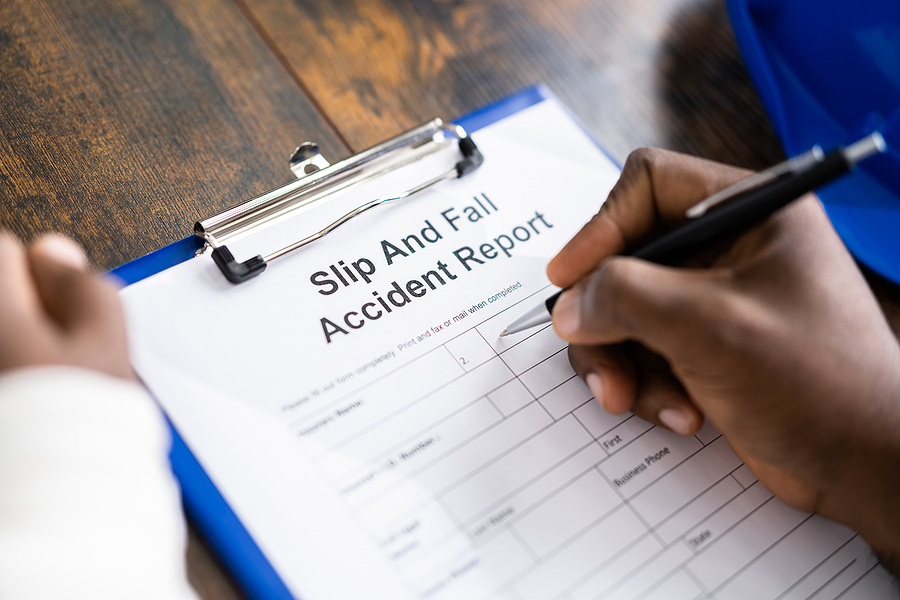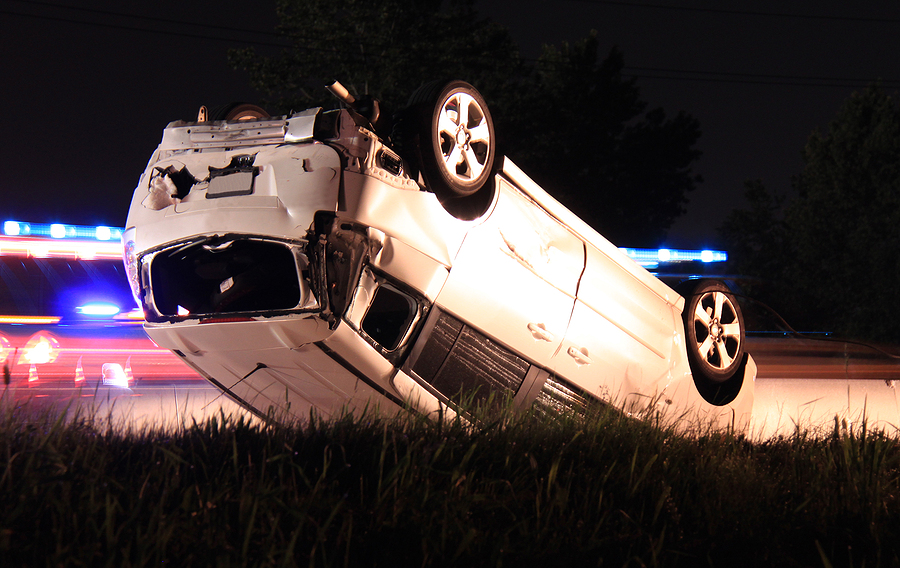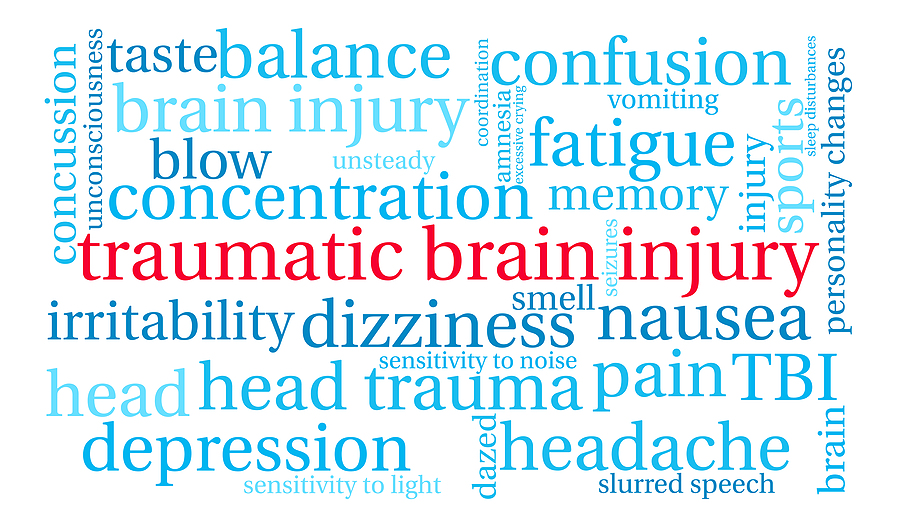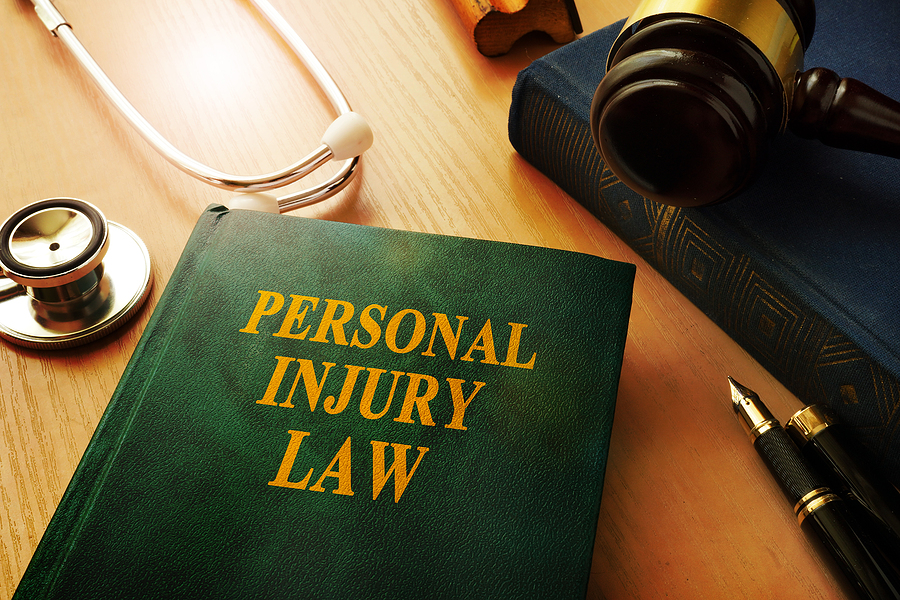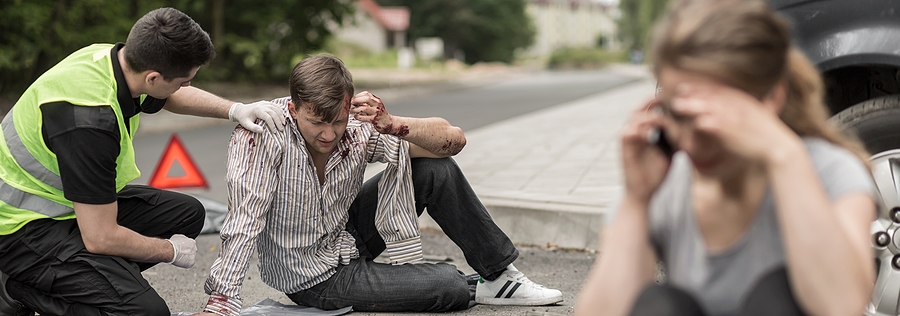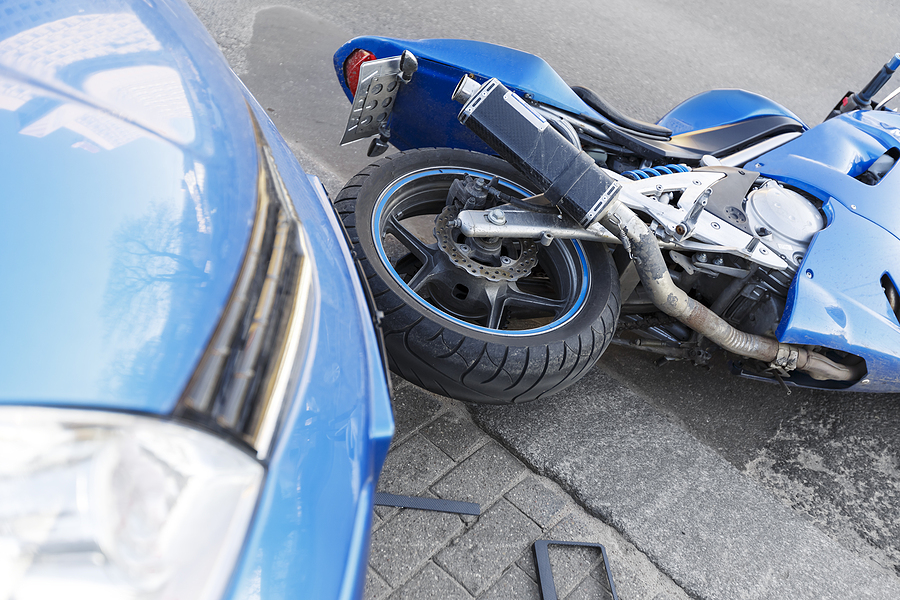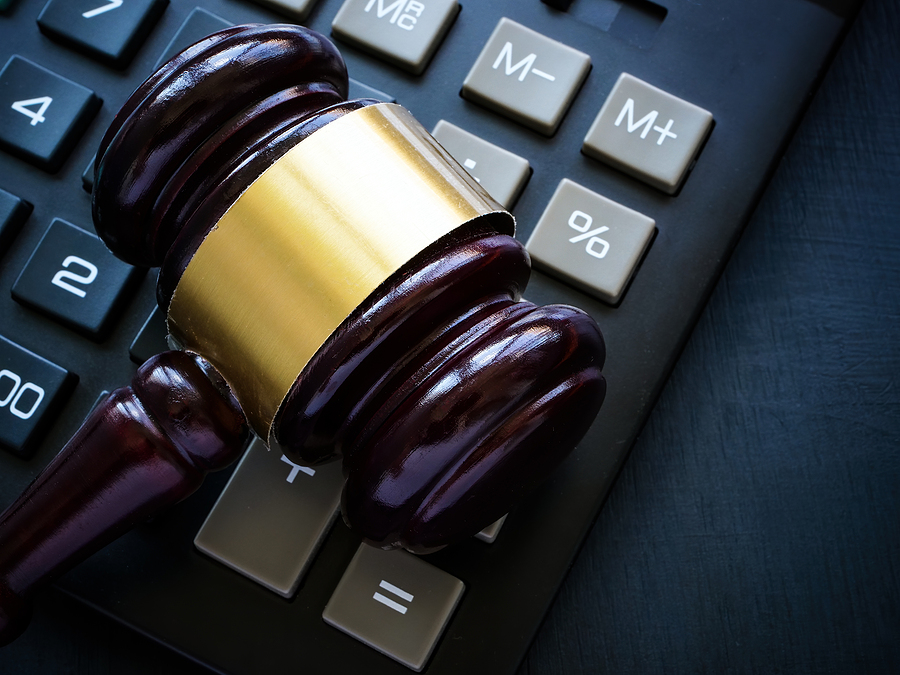Navigating the complex maze of personal injury compensation can be a daunting task, especially for those who have endured the trauma of severe burn injuries. In the state of Indiana, victims of burn accidents may be entitled to financial compensation, but understanding the intricacies of the legal system and the various factors that influence the amount of compensation can spell the difference between a just resolution and a severely underestimated recovery support.
This guide will enlighten burn injury survivors and their families about the available avenues for financial redress and the steps necessary to secure the just compensation they deserve.

The Devastating Impact of Burn Injuries
A burn injury is one of the most devastating types of traumas a person can experience. It not only inflicts severe physical pain but also leaves lasting emotional and psychological scars. Injuries are categorized in degrees, each with its own set of characteristics and potential for recovery.
Types of Burn Injuries
⮞ First-Degree Burns: These affect the top layer of skin and typically heal without scarring.
⮞ Second-Degree Burns: They extend deeper, causing blistering and severe pain.
⮞ Third-Degree Burns: The most severe, these destroy two full layers of skin and often require skin grafting.
These injuries can occur from a number of sources including flames, chemicals, electrical malfunction, and scalding liquids, each imposing its unique set of challenges and potential lifelong disabilities.
Immediate and Long-Term Impacts
The immediate impact of a burn injury is excruciating pain and the necessity for immediate medical care. The long-term impacts can range from disfigurement and disability to psychological trauma, such as post-traumatic stress disorder (PTSD). Survivors often require extensive medical treatment, including reconstructive surgeries, and may face prolonged periods of rehabilitation.
Laws Governing Compensation for Burn Injuries
Our legal system provides a framework for burn injury victims to seek and potentially obtain compensation for their pain and suffering. Understanding this legal framework is crucial for documenting a strong case and securing financial recovery. In Indiana, the law permits victims to seek compensation under the principle of ‘comparative negligence.’
This means that if the victim is found partially responsible for the accident, their compensation may be reduced accordingly. Another important legal aspect is the statute of limitations, which is the time limit for filing a claim. In Indiana, the statute of limitations for personal injury claims, including burn injuries, is generally two years from the date of the incident, excluding claims against governmental entities.
Key Considerations for Victims Seeking Compensation
Victims and their families should be aware of the legal requirement to prove negligence on the part of the responsible party. Negligence may involve failing to provide a safe environment, not taking appropriate safety precautions, or acting negligently or recklessly. Proving negligence requires thorough investigation, collected evidence, and expert testimony.
General Factors Influencing Compensation
Determining the amount of compensation for burn injuries is a multifaceted process that takes into account various factors, all of which need to be carefully documented and presented as part of the overall claim.
Severity of the Burn Injury
The degree of burns sustained, the percentage of body surface area affected, and the presence of inhalation injuries if any all play a role in assessing the severity of burn injuries. This severity will influence the overall value of the claim.
Medical Expenses and Ongoing Care
Victims of burn injuries often face extensive medical treatment, including emergency care, hospital stays, surgeries, and rehabilitation. Ongoing care, such as physical therapy or psychological counseling, must be considered when calculating the economic damages sustained by the victim.
Emotional and Psychological Trauma
The emotional and psychological suffering endured by burn victims can be profound. Compensation for pain and suffering, including the loss of enjoyment of life, can significantly increase the value of a claim. This type of damage, while difficult to quantify, is an essential component in achieving a fair and just settlement.
Navigating the Legal Process
The process of seeking compensation for burn injuries is intricate and involves various steps that must be undertaken with precision and care to achieve the optimal outcome for the victim. The most important step in the legal process is hiring a competent burn injury attorney in Indianapolis.
How to File a Burn Injury Claim
The first step is to notify the responsible party or their insurer of the intent to file a claim. Then, gather all the relevant documentation, such as medical records, photos of the injury, video of the incident and witness statements. These pieces of evidence will be vital in demonstrating the extent of the harm and the liability of the at-fault party.
Role of Burn Injury Attorneys
Securing the services of an experienced burn injury lawyer can be invaluable. Personal injury lawyers specialize in navigating the accident claim legal process, negotiating with insurers, and, if necessary, litigating in court. They can ensure that the victim’s legal rights are protected and that the full scope of their losses is made apparent to the responsible party and the court.
CONCLUSION
The potential for severe burn injuries to disrupt a person’s life, both immediately and in the long term, cannot be overstated. Financial compensation is one way to alleviate the burdens associated with these types of injuries, providing the resources necessary to move forward with recovery. It is vital for Indiana burn injury victims and their families to understand the legal avenues through which they can seek compensation, as well as the myriad factors that influence the amount of recovery they are entitled to. By arming themselves with knowledge and enlisting the assistance of qualified legal professionals, burn injury survivors can take the first steps toward rebuilding their lives and ensuring justice is served.
If you or a loved one has suffered from a burn injury in Indiana, it’s essential to protect your rights and explore your options for compensation. Contact Craven, Hoover, and Blazek P.C. at 317-881-2700 to schedule a free, no-obligation consultation with a dedicated Indianapolis burn injury lawyer, today. This is your opportunity to ask questions, understand the legal process, and determine the best course of action for your situation. Remember, time is of the essence!
Related Posts:
The Financial Impact of Dealing with a Severe Burn Injury
What You Need to Know About Being a Burn Injury Victim
Facts About Electrocution and Electric Shock Accident Lawsuits

